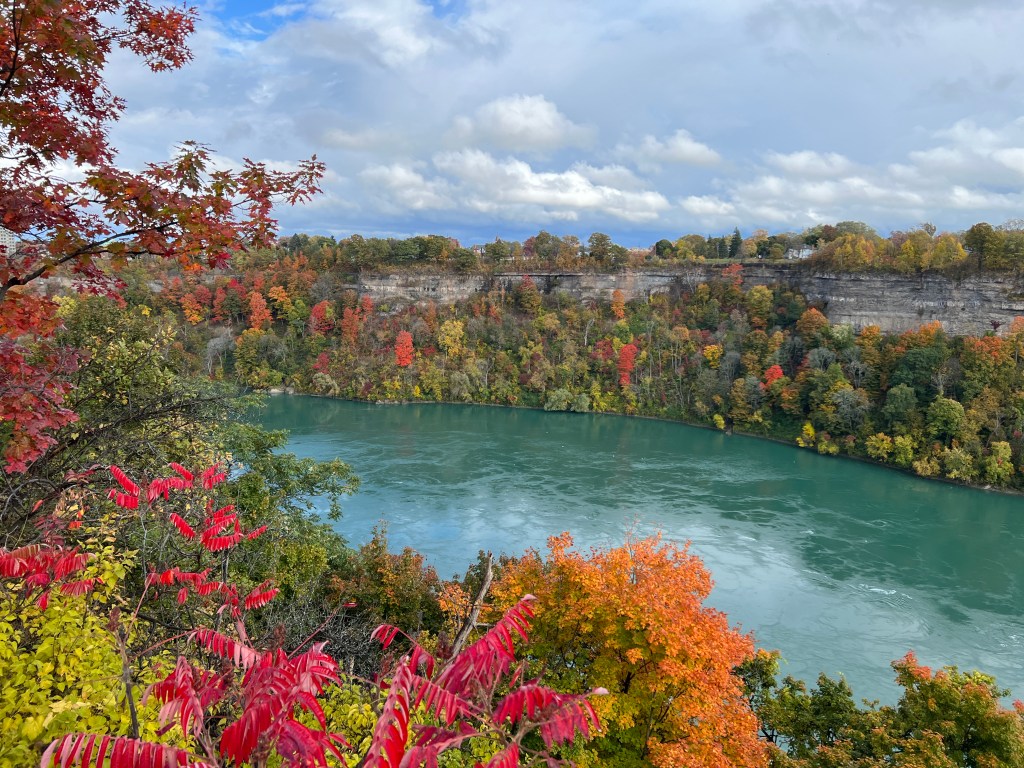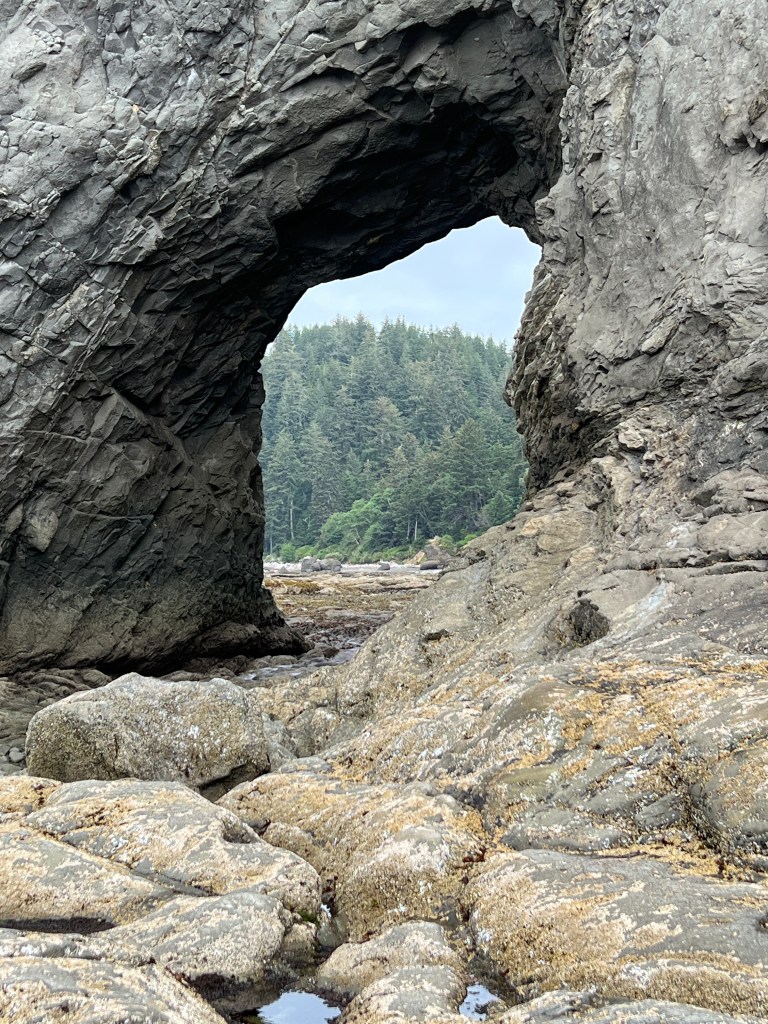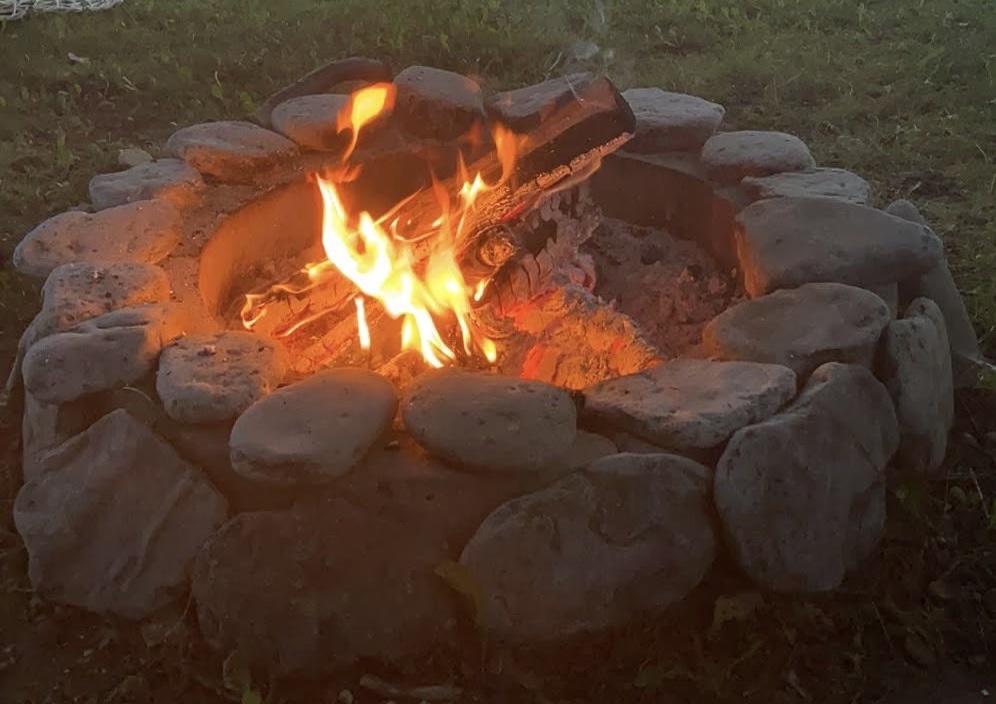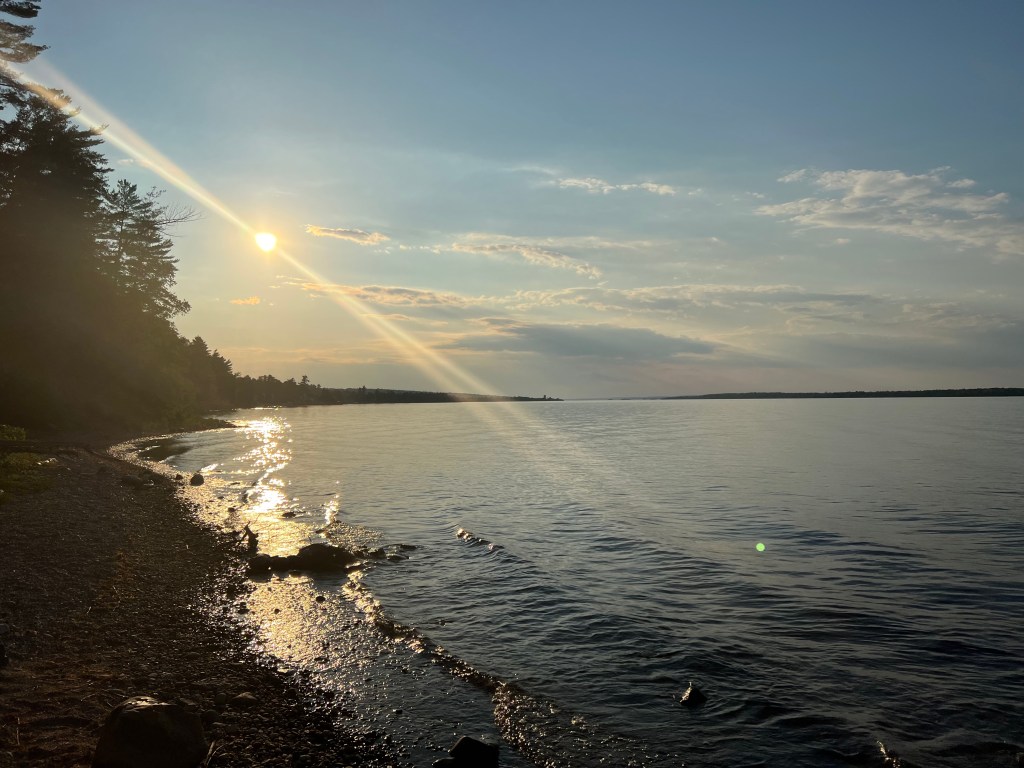
“The time is near!”[1] The words from Jesus strike an ominous tone.
“It’s the end of the world as we know it.” The refrain from a song by American rock band R.E.M. first came out in 1987. But it’s the end of 2022. At the tail end of a worldwide pandemic which among other things has rocked this world, we may feel it really is the end of the world as we know it.
Do you remember the famous words of hockey star, Erik Karlsson—EK65—when the Ottawa Senators began rebuilding the team five years ago and it was rumoured that he was on the trading block? When Karlsson leaned into the microphone to speak, his first words were those ominous: “The time is nigh.” And then the trade was announced. What was feared. What was expected to happen. What was dreaded, and anticipated, finally came to pass.
During the pandemic many young people have suffered through significant mental health challenges. Many youths I know have also a keen and vibrant imagination. Listen to the following scenario born out of anxiety about end times. It’s pure fiction, yet still a scene similar to what has likely played out in the imaginations of many young people ….
The house had kept warm even though we were in the depths of a sub-zero winter. The electricity in our small town had been out for days. I’ve lost track counting. Each day has blurred into the other without much change. For some inexplicable reason, the gas fireplace still operated. And my family gathered around it for hours daily, warming our mittened hands. The natural gas lines underground were still left undisturbed. But for how much longer?
It would likely give out soon, as suddenly as the lights did that first night when the howling first began. The virus had mutated. It actually happened. The zombie apocalypse.
We used our small solar panel to charge the camp lantern for light. But we used it sparingly not just because we wanted to save battery power. We also didn’t want to attract unwanted attention. We lived in a small town, so there weren’t too many people. We didn’t know what our neighbours were doing, where they were. No one ventured onto the street. We had all locked our doors, barred our windows, retreated into defensive postures.
That night when we sat huddled around the fireplace there was a thump on the door. Peeking through the covered drapes, I saw the shadows at the front of the house. But they weren’t swaying or twitching. Four shadows, standing still, unmoving. That was a good sign.
Slowly I opened the door, feeling the rush of icy wind around my ankles. And what a relief it was to see the faces of our neighbours from across the street, folks we hadn’t spent much time getting to know before the apocalypse. “Our supplies have run out. And the pilot light on our gas stove can’t restart. We’re cold.”
“Come on in.” We all gathered around the fireplace. I felt better knowing we weren’t alone. There were more of us now, facing the coming battle ahead together.
Young adults have the biggest market in the book-selling industry[2] – and of this segment the ‘Zombie Apocalypse’ continues to be a prominent theme. When the word ‘apocalypse’ is spoken today it’s usually said in the same breath as zombies.
In the Gospel today, Jesus gives a speech about the end times. We find this apocalyptic genre in scripture in the Book of Revelation, the last book in the bible, and in other spots throughout—such as in the book of Daniel and the Gospels. Often these texts contain vivid, supernatural, and extraordinary images of destruction, upheaval and end-of-the-world stuff. The purpose of this type of reading, for one thing, is to remind us that all things, even good things—like the beautiful stones of the temple in Jerusalem—come to an end.
The COVID pandemic at the beginning of this 21st century brought the reality of impermanence to our minds. Nothing lasts forever. Doing without. Not satisfying every compulsion that our culture would otherwise tell us to pursue. Putting at bay indulging ourselves all the time. We are conditioned to believe that we should get whatever we want, whenever we want it, and as much as we want. To be in a position otherwise would be less than ideal, undesirable and indicative even of a disadvantaged life.
Just look at how we struggled against the limitations and restrictions to contain the pandemic. We’ve had a hard time understanding our mask-wearing, for example, not primarily for our own sake, but as something we do for the sake of the other, out of love for those who are vulnerable in our midst.
Remembrance Day this past Friday was an opportunity to mark a time of remembering another very difficult, violent time in history.
And in the last couple of years on Remembrance Day, I have asked myself: Why do I wear a poppy? I wear it not only to remember the lost, the wounded, the killed, not only to remember and pray for all our veterans for the service they gave.
I wear it also to remember the sacrifice that they made for a cause greater than their private, individual needs. They believed in the higher good in making their sacrifice: For God, for the sake of their nation, their world, others.
It is part of our collective identity, that there are times in history when individuals like you and me are called to a higher purpose, to serve a wider interest, to give of ourselves for the common good. Remembrance Day is for me about upholding and affirming a collective narrative. That sometimes, our individual interests must be subjected in order to serve a greater good. That’s why I wear a poppy.
These times are scary indeed. Talking about ‘end times’ is frightening. Yet our faith is in God who comes into our lives during these scary times. And Christ knocks on the doors of our troubled hearts. Shall we open the doors, take the risk of letting the neighbour in and travelling the rocky road ahead together?
“It’s the end of the world as we know it,” are not the last words in the refrain for that popular R.E.M. song. If you know it, you can’t sing this refrain without finishing with the words, “And I feel fine.”
It’s a statement of faith. And all shall be well, expressed Julian of Norwich in the 14th century during the bubonic plague. “And all shall be well”, “And I feel fine” are not to mean that life doesn’t bring you tragedy. It means you will be well in spite of the pain and suffering.
You’ll find your way through when you reach out to others in love and trust. And God will continue to be with us through it all. That is the hope and the promise of Jesus in the Gospel.
[1] Luke 21:8
[2] https://bulkbooks.com/reading-trends-in-2022-our-top-predictions














